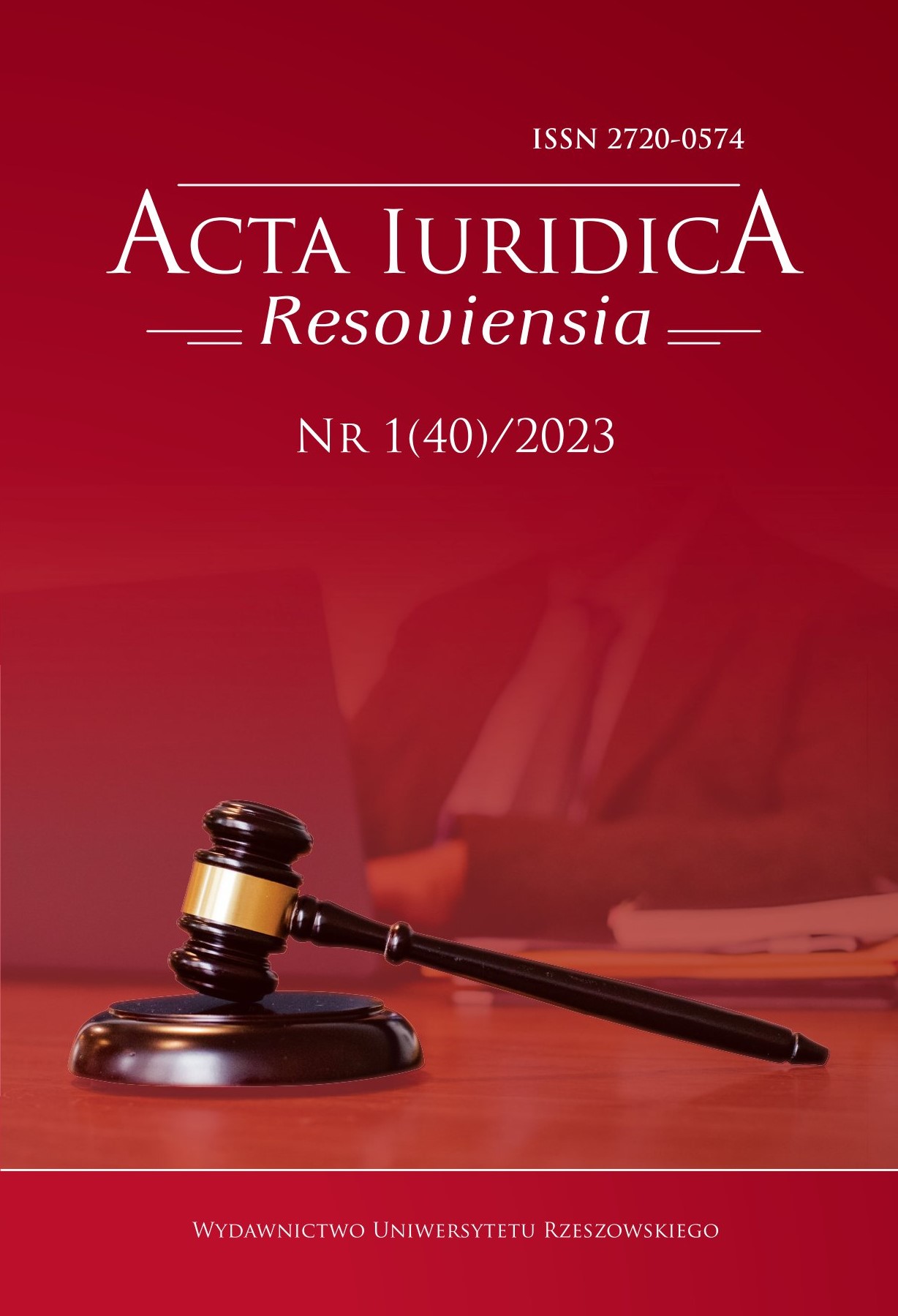Freedom of assembly in the light of the constitution and other normative acts of the Republic of Poland and the Kingdom of Spain – historical and comparative perspective: an outline
DOI:
https://doi.org/10.15584/actaires.2023.1.2Keywords:
freedom of assembly, Constitution of the Republic of Poland, Spanish Constitution, civil liberties, public order, comparative law perspectiveAbstract
The aim of this paper is to compare selected Polish and Spanish normative acts, with a particular focus on the Constitution of the Republic of Poland and the Spanish Constitution, in terms of implementation of one of the fundamental civil liberties, i.e. freedom of assembly. The right to peaceful assembly is guaranteed by a democratic state ruled by law. Nevertheless, the state is responsible for ensuring the security of participants in such gatherings, thus it may impose by statute necessary restrictions, insofar as security, public order or the rights and freedoms of others are threatened. Measures taken by the authorities cannot, though, lead to a violation of freedom of assembly as such. As a result of the democratic transitions and consequently the passing of the Constitutions, both Poland and Spain reinstituted the rule of law and safeguarded civil rights and liberties. The paper attempts to discuss, on the one hand, the legal status quo regarding the protection of freedom of peaceful assembly as well as the imposed restrictions and on the other hand the historical context
Downloads
Downloads
Published
How to Cite
Issue
Section
License
Copyright (c) 2023 Acta Iuridica Resoviensia (formelry: The Scientific Journal of the University of Rzeszow, Law Series)

This work is licensed under a Creative Commons Attribution-NonCommercial-NoDerivatives 4.0 International License.

